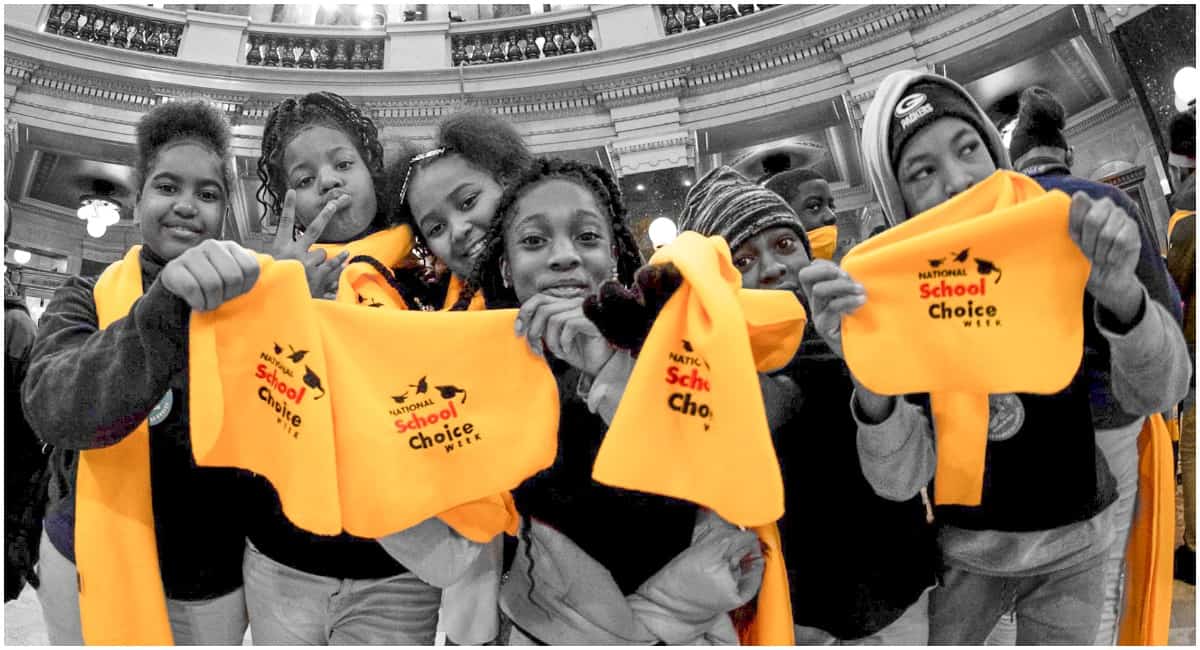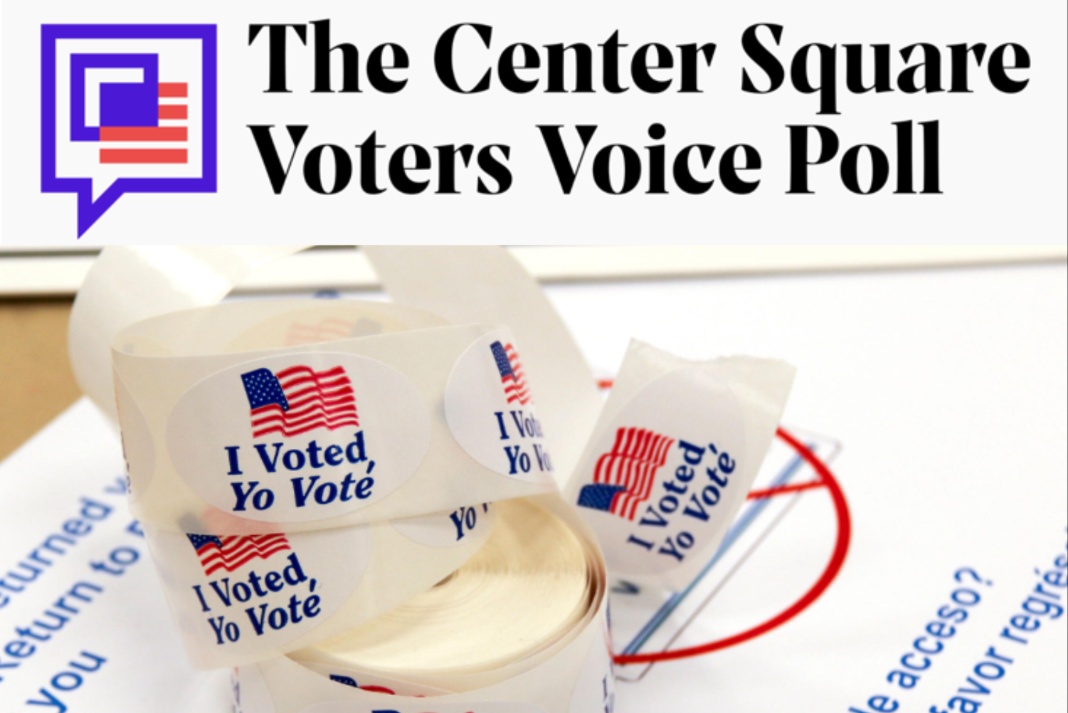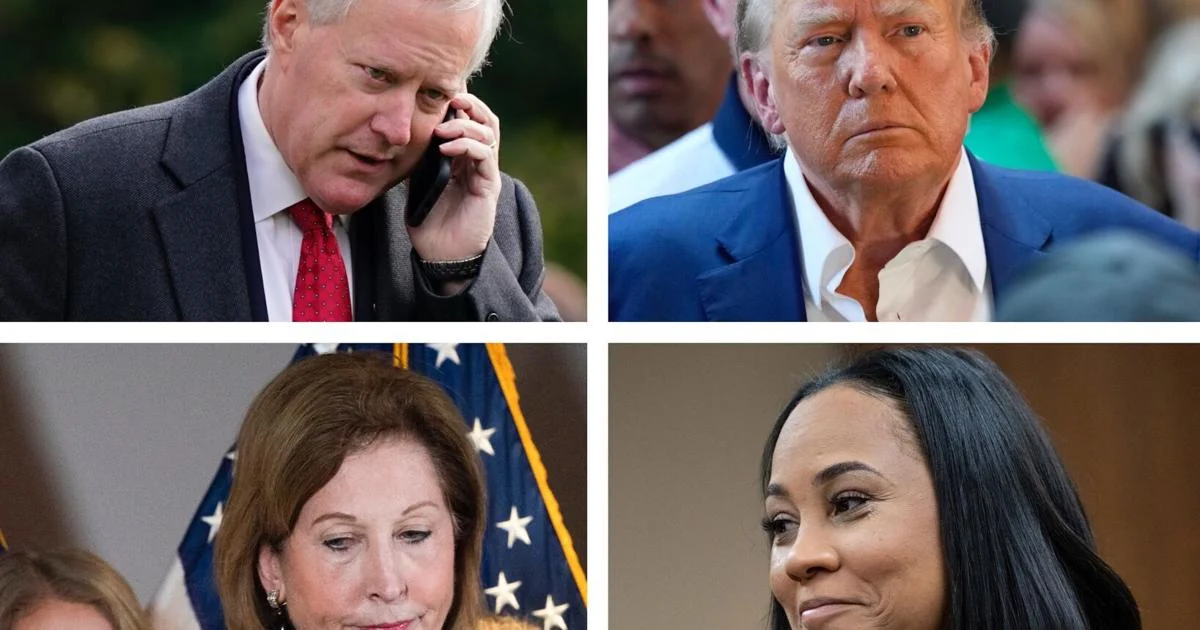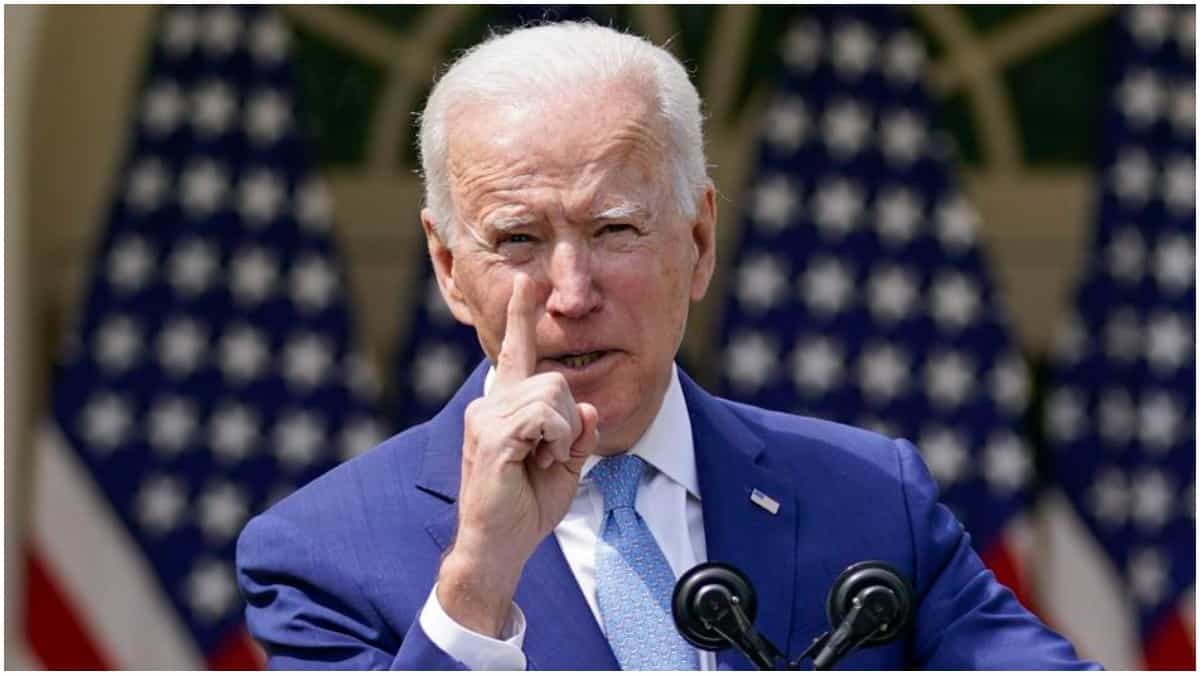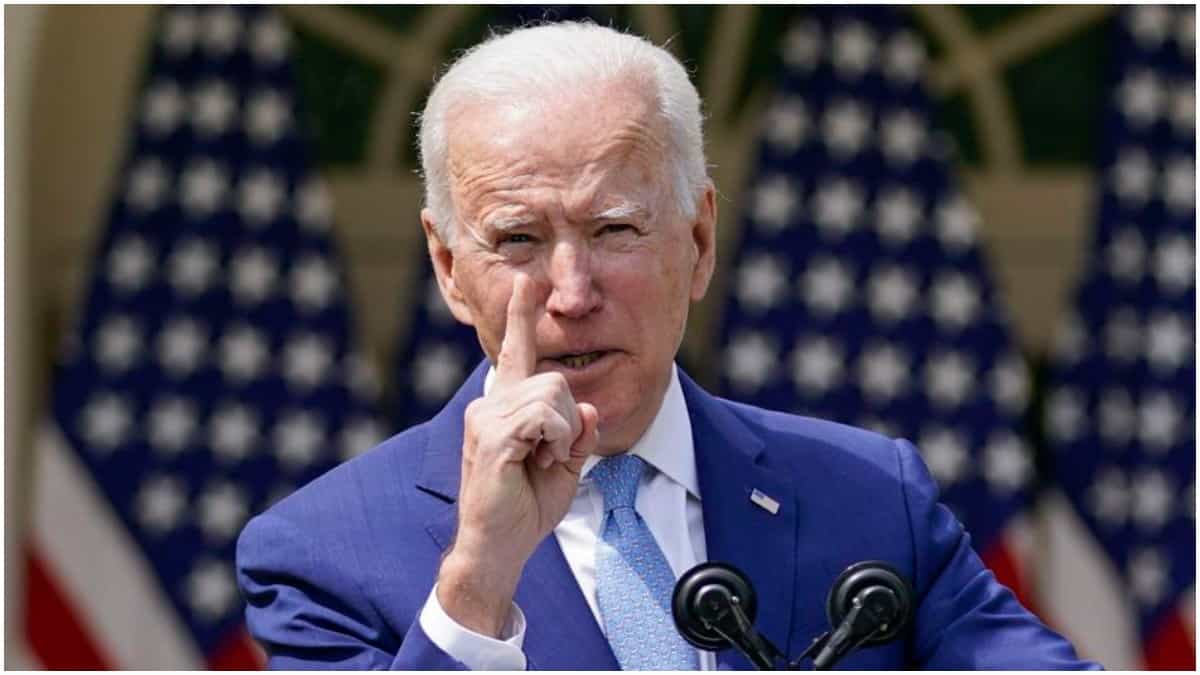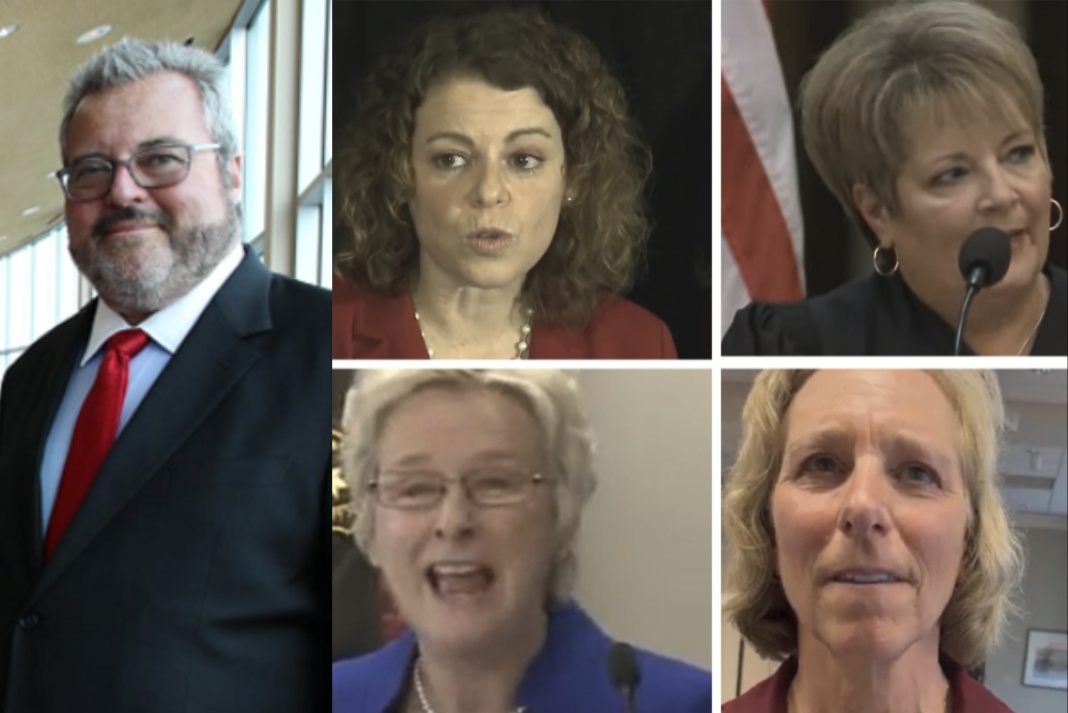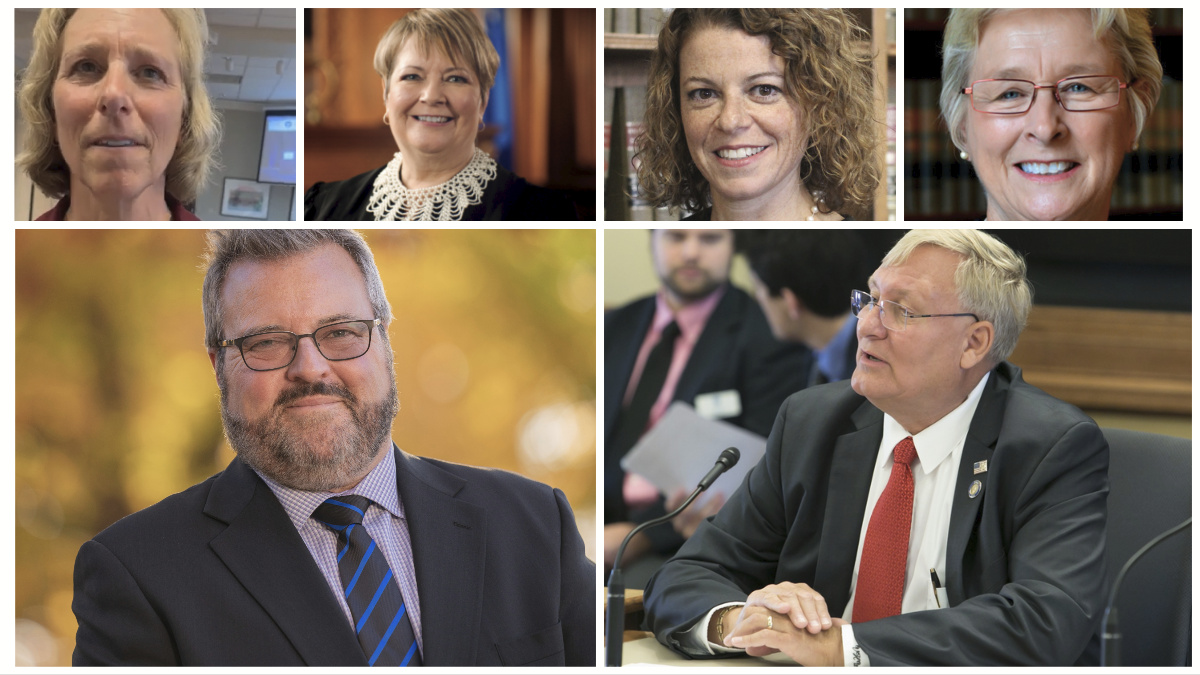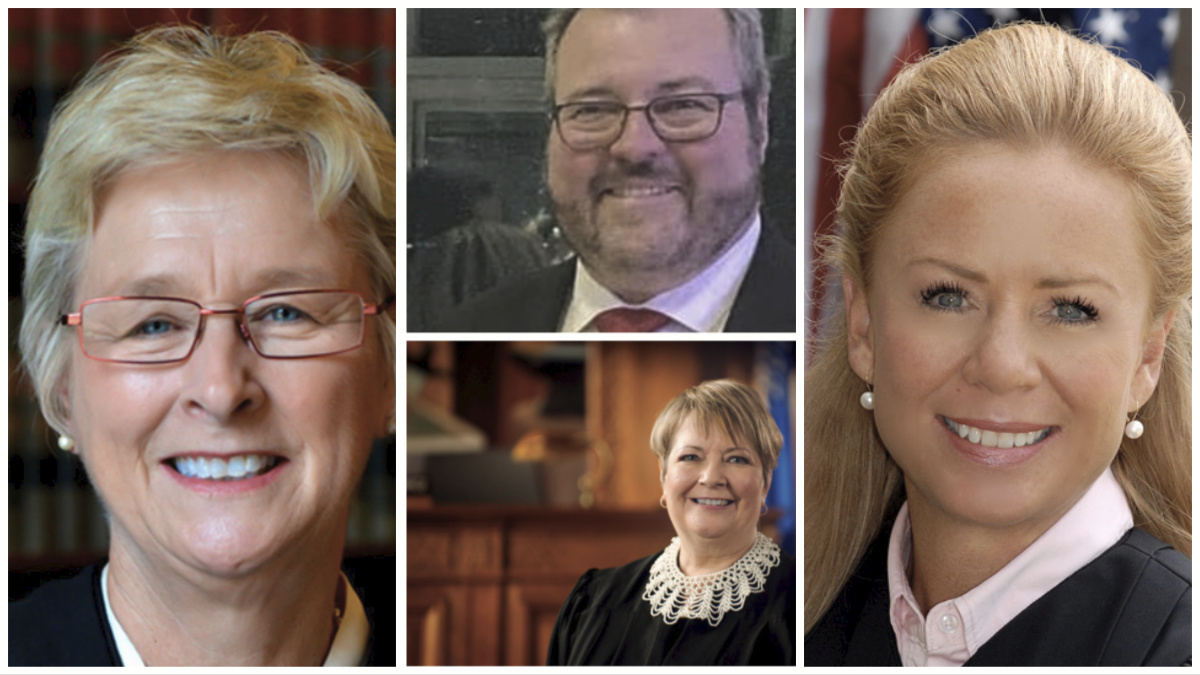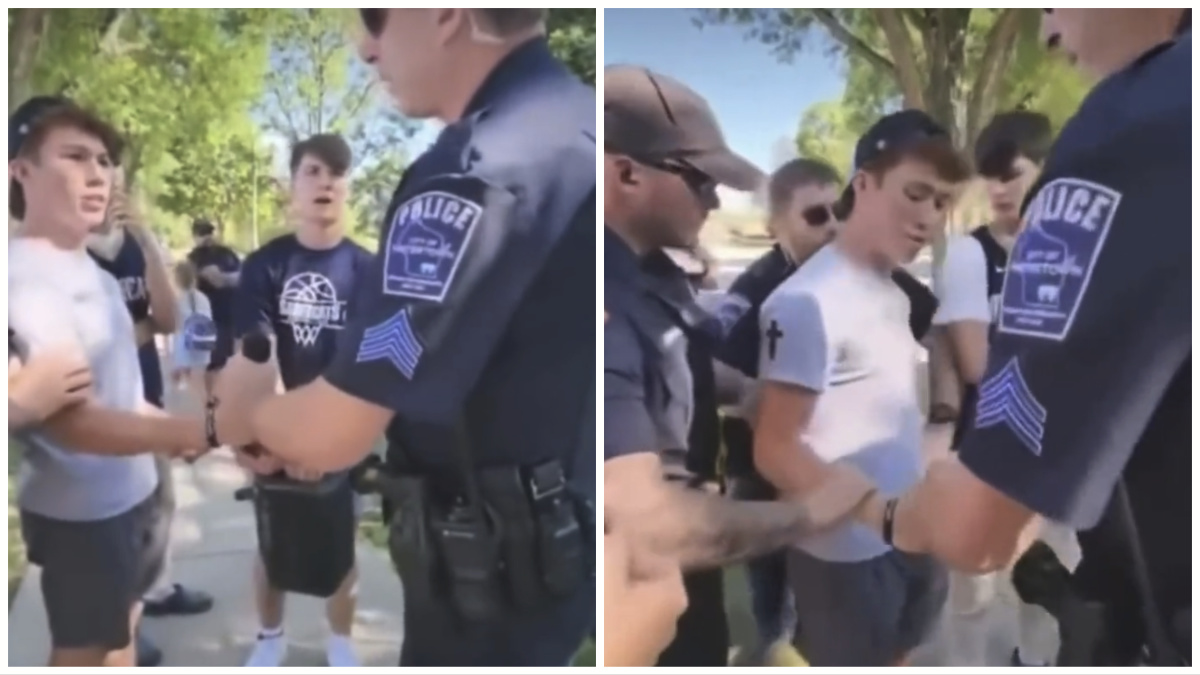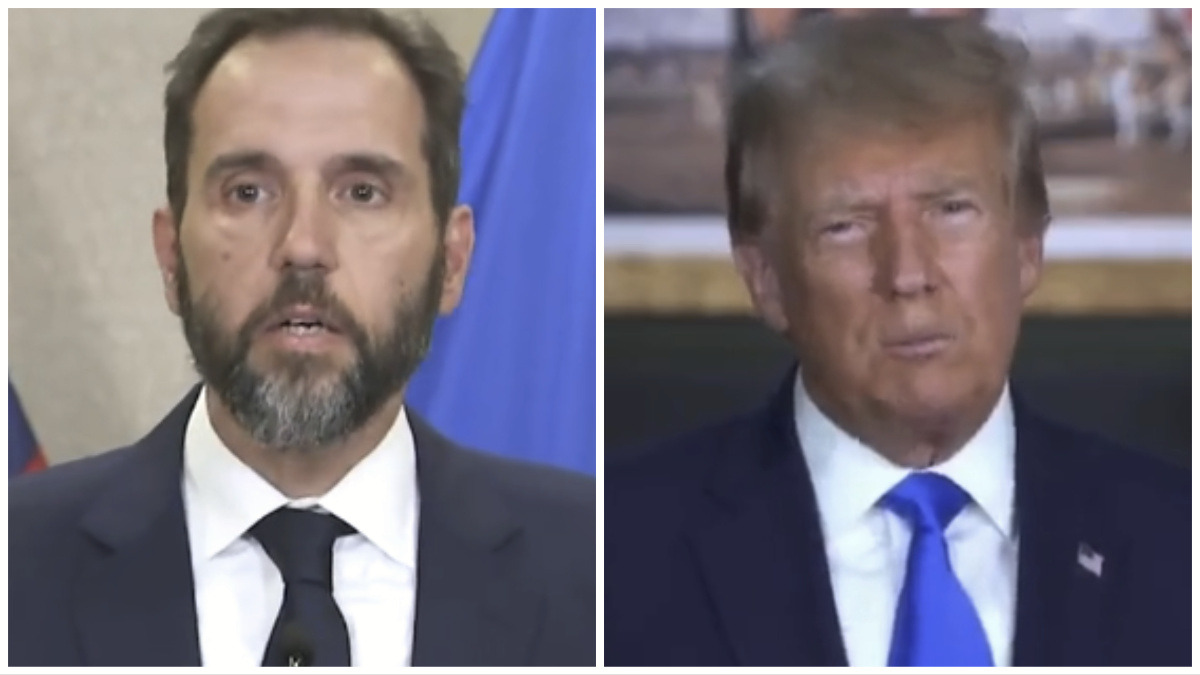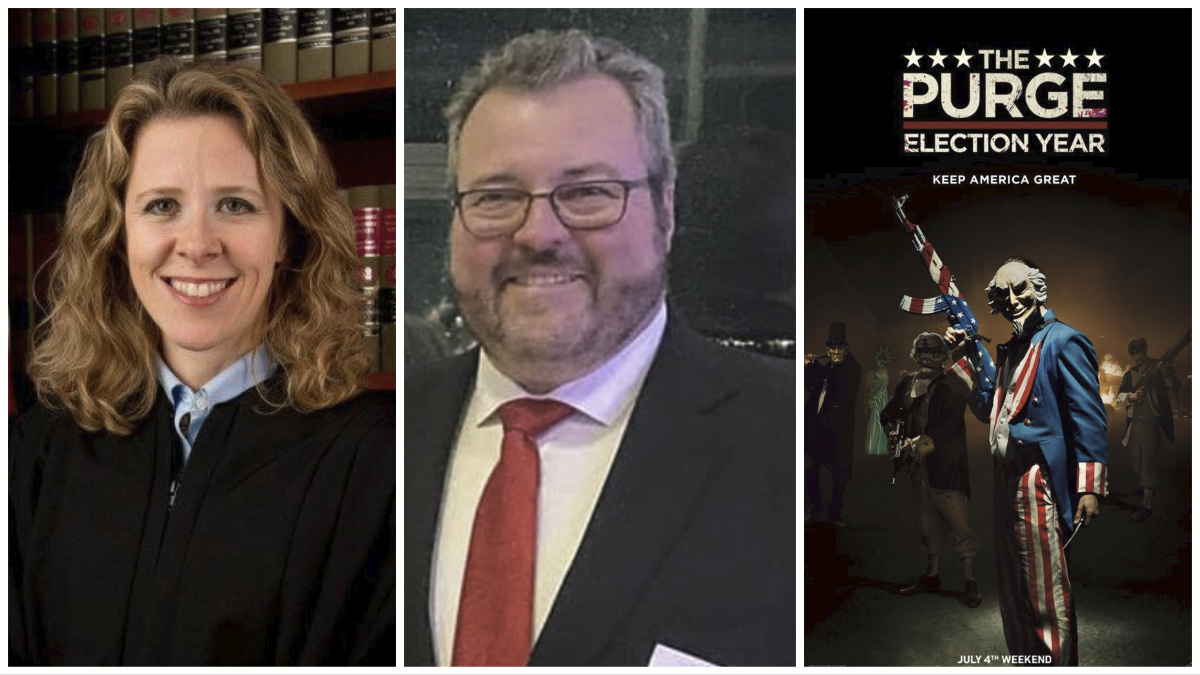By: Amy Loudenbeck; Director of policy and government affairs for School Choice Wisconsin
A new school year is about to begin, and parents across Wisconsin are as engaged as ever in their children’s education. Not only are parents making their voices heard at school board meetings, many are voting with their feet, and exploring educational options beyond the public school systems. Wisconsin voters – from every corner of the state and from across the political spectrum – believe families should have more say in education.
Wisconsin has long been a pioneer in parent choice and is home to the nation’s oldest private voucher program. The Milwaukee Parental Choice Program (MPCP), created with bipartisan support in 1990, now serves nearly 30,000 students in Wisconsin’s largest city. In 2011, the legislature and Governor Walker created the Racine Choice program. Two years later, the statewide program was established, and the Special Needs Scholarship Program was instituted in 2015. Today, nearly 52,000 students attend a private school with a scholarship or “voucher” paid for with taxpayer dollars.
During the recent biennial budget negotiations, private school choice and charter school advocates joined together to send a clear message to our elected officials that all children have value and deserve similar taxpayer support whether they attend private choice, public, or charter schools.
The message resonated. The legislature and governor eventually came to an agreement to make historic investments in funding for charter schools and Wisconsin’s four private choice programs. During the last school year, private choice vouchers were roughly 60 percent of what the average public school received per pupil. Many private choice schools had to fundraise thousands of dollars per student just to keep the lights on and the doors open. These funding increases were critical for the long-term viability of individual schools and the programs themselves.
Given these constraints, you might expect private choice schools to struggle compared to the deeper-pocketed public school peers. But the results are just the opposite. Research has shown that students in Wisconsin’s choice programs fare better on state standardized tests and the college-readiness ACT exam, and are more likely to have success in life. Families benefit by having the freedom and opportunity to find the right education alternative for their children, regardless of their income or zip code.
There’s no doubt school choice is a great deal for Wisconsin taxpayers. Even accounting for the recent funding increases, the average per pupil payment for private choice and charter schools is still approximately 70% of what public schools receive in taxpayer support from all sources. But that doesn’t mean there isn’t room for improvement. A few straightforward budget and policy reforms would make private school choice an even better deal for Wisconsin property taxpayers.
Currently, the state has two methods for financing students in the private school choice programs. In Milwaukee, General Purpose Revenue (GPR) funding will soon cover 100% of payments to private schools in the Milwaukee Parental Choice Program. In contrast, local property taxpayers will continue to pay the full cost of students in the Racine, Statewide, and Special Needs Scholarship Programs. A similar dynamic occurs for students attending some independent charter schools. This should change.
Throughout the budget process, School Choice Wisconsin and our partners in the Wisconsin Coalition for Education Freedom supported reforms to the system that would “decouple” the choice programs from local property taxes. This decoupling would mean state GPR would fund choice programs, cutting property taxes by hundreds of millions of dollars statewide.
Unfortunately, that reform hasn’t happened yet. Going forward, School Choice Wisconsin and our allies will continue to advocate for decoupling. It’s the most equitable – and most sensible – way to fund the state’s parental school choice programs. In addition, allowing funding from the state to follow a student to a private choice or charter school is simpler than the current structure, which adds costly administrative burdens for public schools and the state Department of Public Instruction.
Wisconsin has long been a leader in providing opportunities for families to set their students up for success, and the future is bright for educational freedom in the state. But school choice advocates didn’t shape the educational landscape by resting on our laurels. There is still more work to be done to improve education outcomes throughout the state and continue to ensure school choice is a great value, not only for the students that walk through the doors on a daily basis but also for taxpayers throughout the state.
School Choice Wisconsin is a non-profit 501(c)(3) that works to empower parents by developing, supporting, and promoting the ideas and policies that create vibrant, quality options in K–12 education in Wisconsin.
With offices in the Milwaukee area and Madison, School Choice Wisconsin’s experienced staff works with schools, parents, and communities by providing program research, acting as a conduit between schools and the state government, creating community awareness, and advising on program administration.


